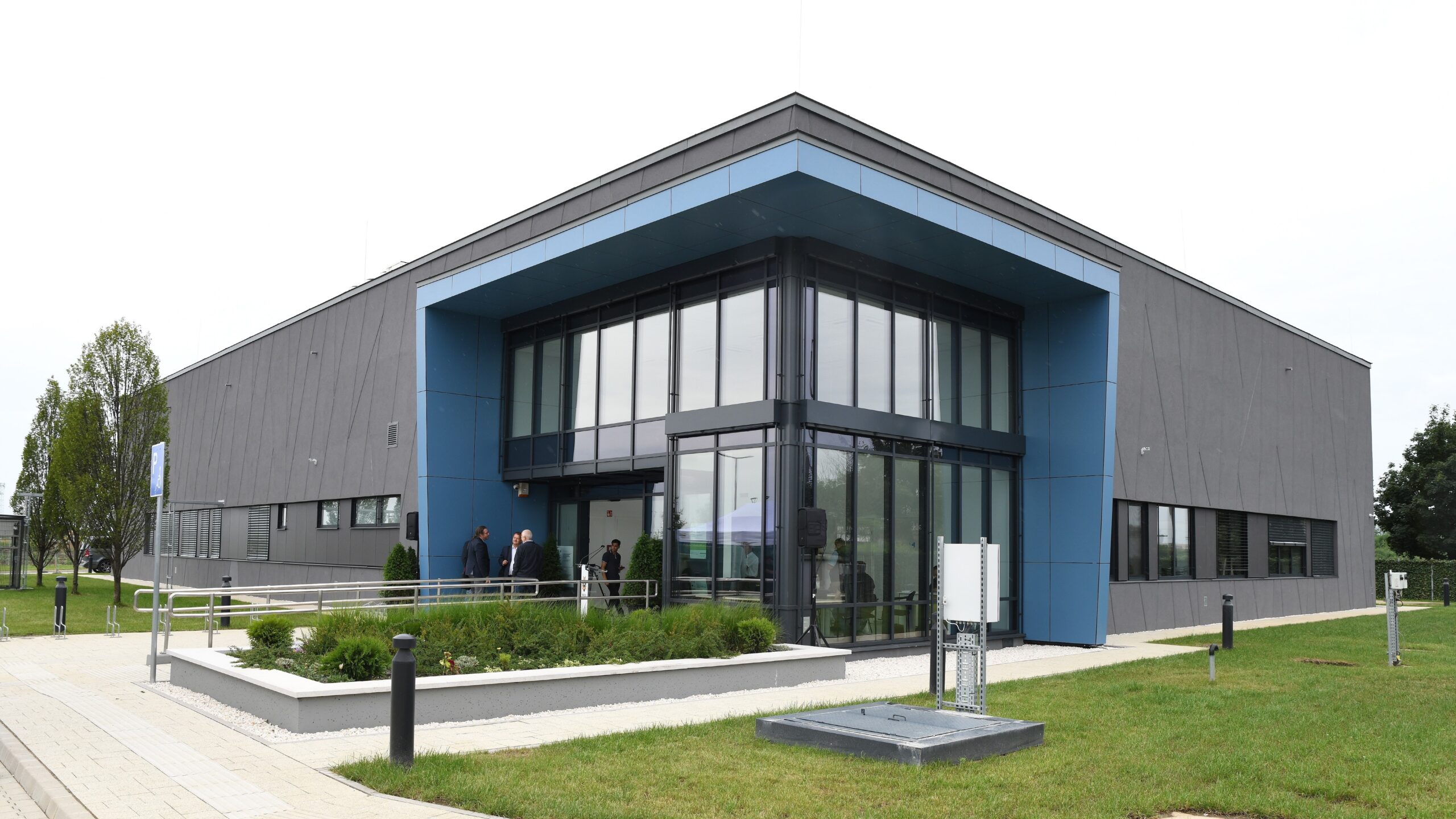Debrecen has declared a war on hospital infections: according to the current state of research, in a year and a half to two years, no one will die from sepsis induced by hospital infections in the city, Rector of the University of Debrecen (DE) Zoltán Szilvássy said in a statement released on Wednesday.
Zoltán Szilvássy stated that researchers at the university are developing a bacteriophage (a virus that kills bacteria), which will ‘eliminate’ all antibiotic-resistant bacteria causing hospital infections locally, thereby preventing such infections in all health institutions in Debrecen in the future. Human research was preceded by veterinary studies, he explained.
Due to the overuse of antibiotics, a significant percentage—if not all—of the antibiotic stock is practically ineffective today, the rector highlighted. He added that in livestock, this means that for example in the event of a salmonella outbreak at a poultry farm, the entire stock must be destroyed, as required by veterinary regulations. However, it makes a significant difference whether 60,000-80,000 chickens are slaughtered or treated. ‘We will be able to treat them, no matter what kind of bacterial infection the stock has,’ the professor declared. Zoltán Szilvássy further detailed that researchers at DE have been working for eight years on a unique technology that reduces the viability of harmful bacteria and silences the genes that allow them to develop resistance.
László Stündl, Dean of the Faculty of Agriculture, Food Science and Environmental Management at the university, added that they found bioactive substances in plants grown and consumed in Hungary and in their by-products. These have been shown to be effective even in small doses: they inhibit the development and reproduction of pathogenic bacteria and prevent the expression of genes responsible for resistance. Experts suggest that this can be well combined with the so-called bacteriophage therapy. Phages are beneficial viruses that can kill bacteria without side effects. During this process, the bacterium receives a viral infection, but often this would result in peaceful coexistence between the bacterium and the virus, Szilvássy explained. To prevent this, when the virus finds its specific bacterium, researchers ‘attach a killer weapon’ to this small virus. This is called an endolysin, an enzyme that, when it enters the bacterium, causes the bacterium to instantly burst, the rector explained. He added that this allows them to very reliably, with a high hit rate, virtually without side effects, and most importantly very quickly, eliminate any infection caused by bacteria.
Therapy for Veterinary and Human Medicine
Researchers have already proven the therapy’s effectiveness in several experiments in various combinations, and soon, possibly within a year, the University of Debrecen’s unique innovation could help millions of animals and thousands of farmers, the experts told added. In practice, this means that at an infected site, they identify the pathogen using nucleic acid and protein detection methods, which is very fast; they don’t culture for days while the livestock dies, but can intervene within hours, Szilvássy explained. He added that if their bacteriophage library already contains a phage strain that can destroy the particular bacterium, the whole process happens very quickly. If there is no appropriate strain, they can produce the necessary phages within a day, he added. He also noted that the University of Debrecen is the only institution in Europe with such a production licence. ‘We also have the infrastructure to use the same therapy to save human lives within two years,’ the rector declared.
He added that in Debrecen six identified bacteria cause fatal hospital infections. The first phages have been developed against these, but human approval is somewhat slower, though they hope that human applications will soon begin on a large scale, resulting in no one dying from hospital infections in Debrecen.
Further research will focus on extending the effect of narrow-spectrum phages to a broader range, so that they can be deployed across the continent, thus eliminating hospital infections.
Related articles:








